China, Russia say deal on Aukus submarines totally disregards Intl. concerns, raises proliferation questions
China says a tripartite deal among the United States, the United Kingdom, and Australia on the production of nuclear-powered Aukus submarines totally disregards international concerns while Russia slams the pact for raising questions about nuclear proliferation.
American President Joe Biden, British Prime Minister Rishi Sunak, and Australian Prime Minister Anthony Albanese unveiled at the US naval base in San Diego on Monday details of a plan to supply Australia with nuclear-powered attack submarines from the early 2030s with the declared aim of countering what they call China's ambitions in the Indo-Pacific.
The three leaders termed the three-phase multibillion-dollar agreement under the 2021 Australia, United Kingdom, and US (AUKUS) partnership a "game changer," which ultimately ends with London and Canberra creating advanced versions of nuclear-powered submarines for their navies.
Australia also said on Monday that it would purchase up to five American nuclear-powered submarines, then build a new model with US and British technology.
On Tuesday, Beijing denounced the US, the UK, and Australia for embarking on a "path of error and danger" and disregarding international concerns.
"The latest joint statement from the US, UK, and Australia demonstrates that the three countries, for the sake of their own geopolitical interests, completely disregard the concerns of the international communities and are walking further and further down the path of error and danger," said China's Foreign Ministry spokesperson Wang Wenbin during a regular press conference.
He also said that Beijing did not want to "communicate for the sake of communicating" but that "the US side should come forward sincerely, with practical actions to promote China-US relations," which are at their lowest in decades.
Separately on Tuesday, Russia also slammed the tripartite pact.
"There are a lot of questions here related to the problem of non-proliferation. Here we need special transparency, and we need to answer the questions that arise," said Kremlin spokesman Dmitry Peskov at a press conference.
According to the latest annual report by the International Institute for Strategic Studies, Russia's own Pacific Fleet has 17 submarines, including three ballistic missile subs that are part of its strategic nuclear deterrent force.
Russian President Vladimir Putin has been critical of the so-called AUKUS since its inception in 2021, saying that the trilateral security pact is fueling regional tensions by trying to counter China.
Rafael Grossi, the head of the International Atomic Energy Agency, on Tuesday said that the IAEA, "Ultimately, must ensure that no proliferation risks will emanate from this project."
"The legal obligations of the parties and the non-proliferation aspects are paramount," he added.
Back in 2016, France signed a $58-billion deal with Australia to provide it with diesel-electric Barracuda submarines over a 25-year period. However, Australia unilaterally dropped that deal in favor of the AUKUS agreement secretly negotiated with the US and Britain in 2021.
An infuriated France said at the time that it had been betrayed by the trio. The row derailed French relations with Australia and even threatened to sink an EU-Australia trade agreement, but the two sides mended relations after Albanese took power in Canberra, which promised to pay French shipbuilder Naval Group $584 million in compensation for killing the deal.
VIDEO | Iran’s Eurasia Expo 2025 showcases free trade zone opportunities
VIDEO | Nigeria legislature investigates USAID for suspicions of sponsoring terrorism
VIDEO | Yemen's mysterious water well said to help cure illnesses
VIDEO | Iranian women in Sydney challenge Western narratives
Iran urges speeding up of legal processing of Israel’s genocide, war crime cases
VIDEO | Large protests held as Germany goes to polls
VIDEO | With Adnan Mansour on Lebanon, its future
VIDEO | 'Captives only released under Resistance terms'


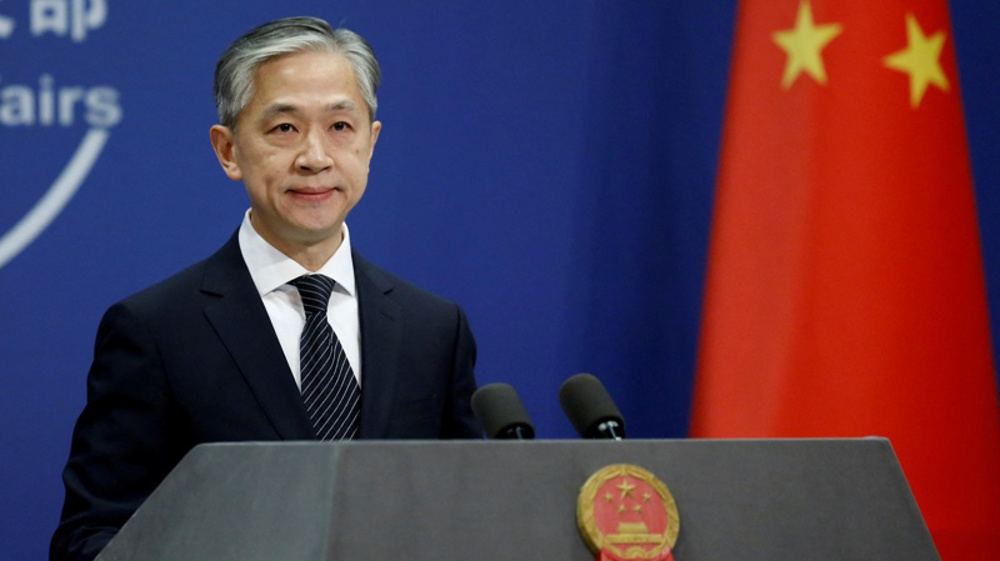
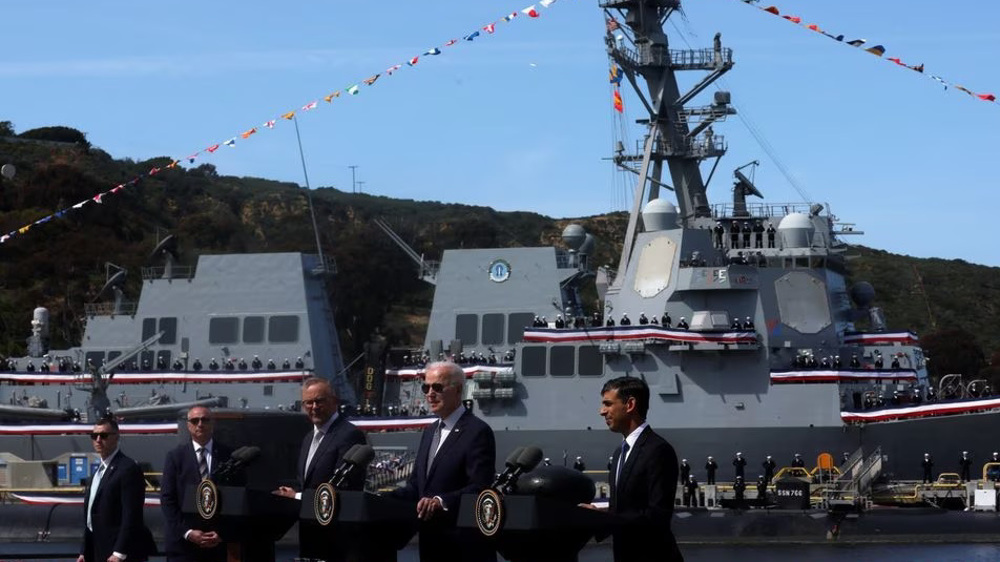
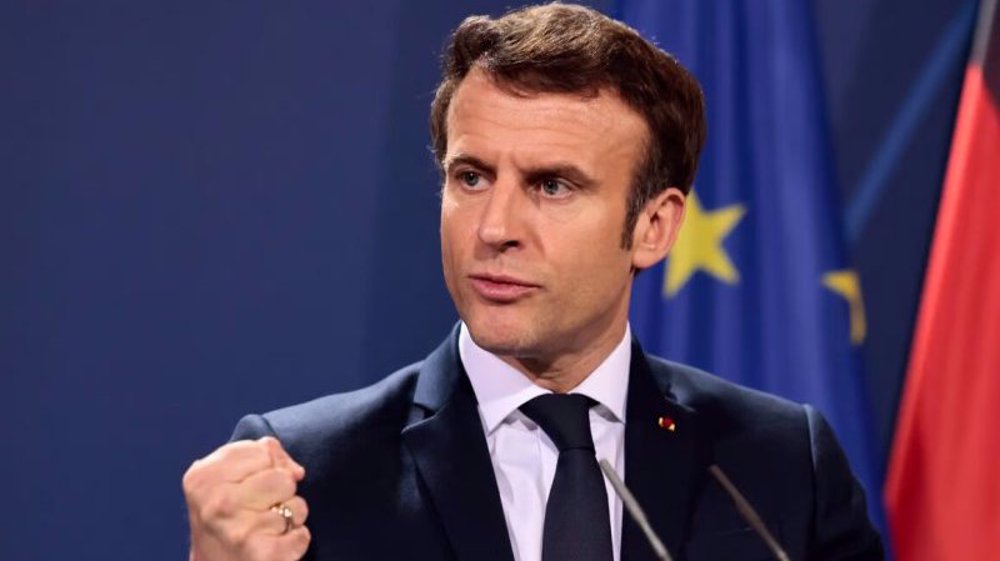
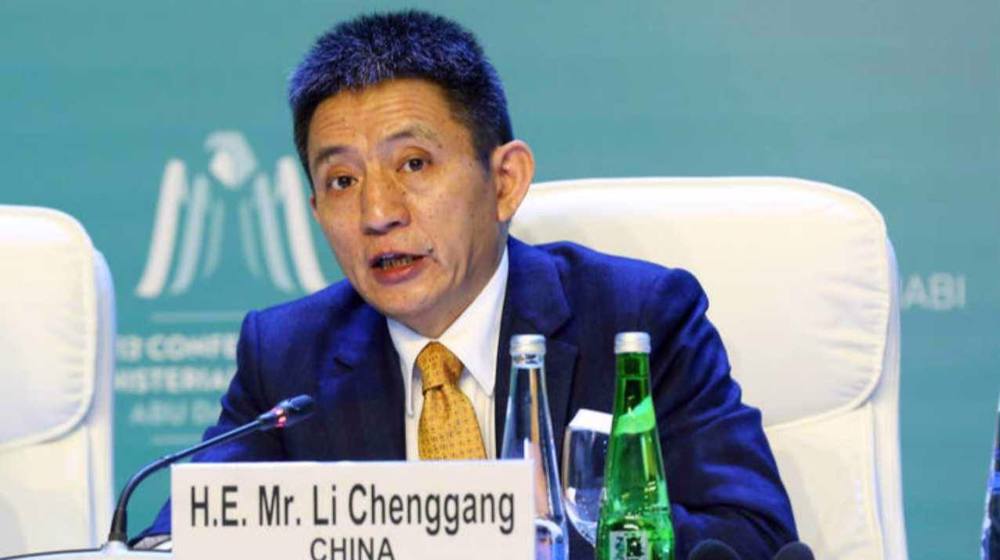
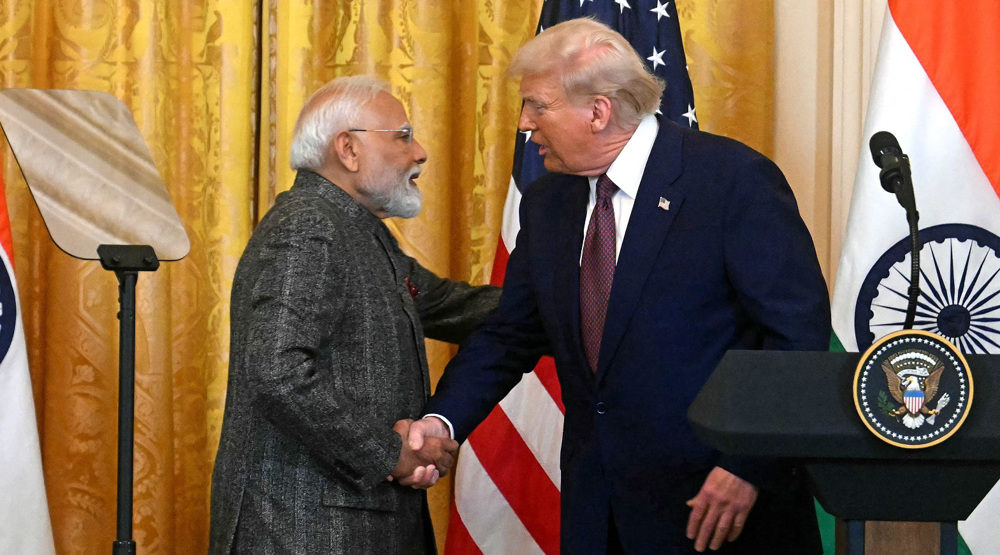
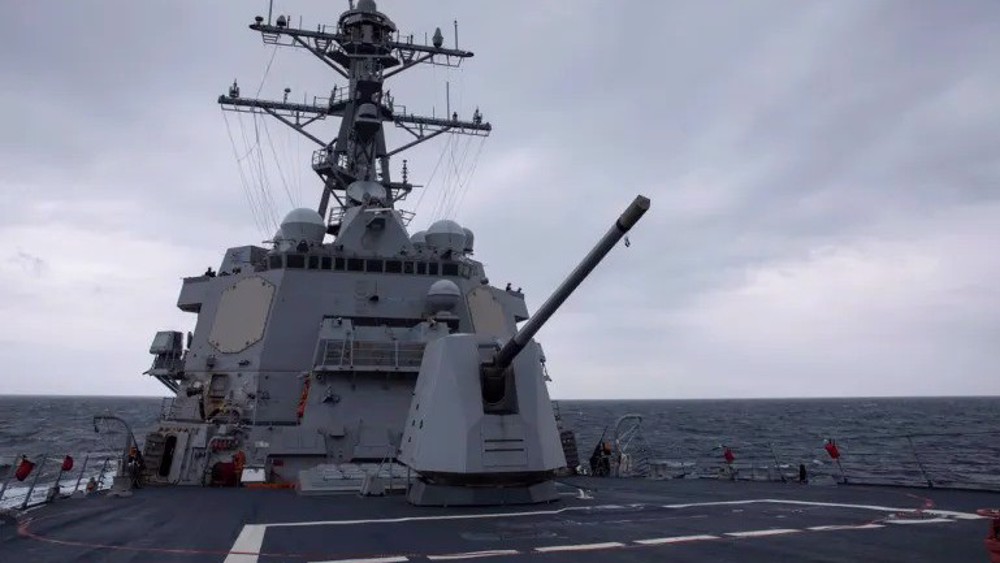




 This makes it easy to access the Press TV website
This makes it easy to access the Press TV website